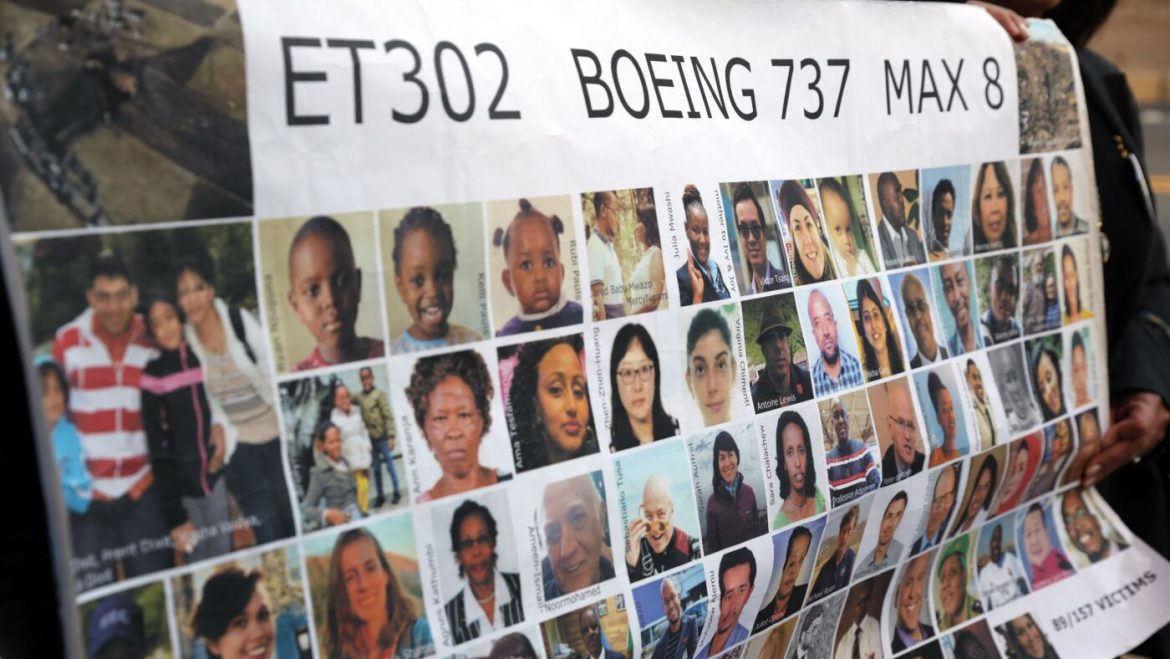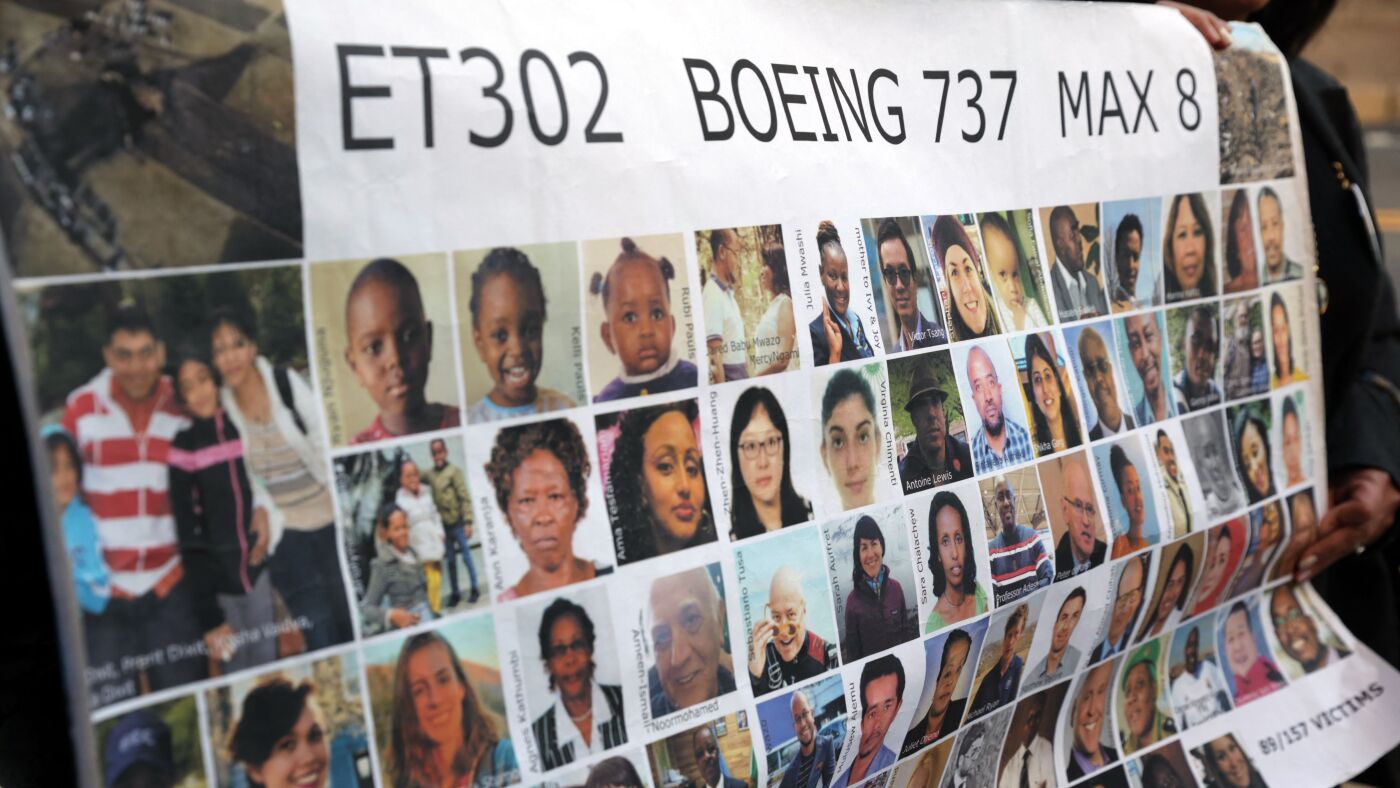The Boeing 737 Max Criminal Case: A Complex Legal and Ethical Saga
The crisis surrounding Boeing’s 737 Max aircraft, which led to two fatal crashes killing 346 people in 2018 and 2019, remains a profoundly contentious issue as the U.S. Department of Justice (DOJ) appears poised to drop its criminal case against Boeing. This potential abandonment of prosecution has ignited outrage among victims’ families, legal experts, and the public, igniting a debate over corporate accountability, legal strategy, and regulatory oversight.
—
Background: Tragedy, Investigation, and Guilty Plea Agreement
The 737 Max disasters profoundly shook the aviation industry, leading to global grounding of the aircraft model and extensive investigations revealing critical flaws in Boeing’s design and regulatory submissions. In July 2021, Boeing agreed to plead guilty to defrauding the Federal Aviation Administration (FAA) by misleading regulators about the safety of the 737 Max. Under a Deferred Prosecution Agreement (DPA), Boeing accepted corporate probation and committed to reforms, while avoiding a lengthy criminal trial.
However, the case took a complicated turn when a federal judge rejected the initially proposed plea deal, citing concerns over the court’s role in appointing an independent monitor to oversee Boeing. Despite this setback, the DOJ maintained its pursuit of legal consequences tied to Boeing’s misconduct leading up to the crashes.
—
The DOJ’s Consideration to Drop the Case: Legal and Strategic Dimensions
Recently, the DOJ has signaled an inclination to possibly drop the criminal charges against Boeing. According to statements from lawyers representing the victims’ families and multiple news reports, prosecutors are contemplating a non-prosecution agreement. This would mean Boeing would avoid criminal liability, albeit possibly under some form of concession or corporate compliance measures.
Prosecutors have justified this approach by highlighting the risks and uncertainties of a trial, along with Boeing’s partial cooperation and prior financial penalties—including a $500 million payout to victims’ families. The Biden administration’s Justice Department also stated Boeing breached its earlier plea agreement terms, complicating the situation further but still leaning towards averting prosecution.
—
Families’ Outrage and Ethical Controversies
The prospect of dismissing the case has ignited significant backlash from families of the crash victims. Many describe the potential deal as “morally repugnant” and a betrayal of justice. They contend Boeing has evaded full accountability despite the profound loss and suffering caused by its actions.
Victims’ families argue that a non-prosecution agreement downplays Boeing’s responsibility, allowing the corporation to escape criminal penalties that would reinforce deterrence and ensure systemic safety reforms. They have petitioned federal judges not to dismiss the case and have pressured the DOJ to rescind any negotiated settlement perceived as a “sweetheart deal” favoring Boeing.
—
Boeing’s Attempt to Withdraw Guilty Plea: A Tactical Shift
Complicating matters further, Boeing reportedly seeks to withdraw its guilty plea. According to multiple sources, the aerospace giant is challenging its agreement to plead guilty to fraud, signaling a strategic pivot to minimize legal exposure. This move compounds the uncertainty surrounding the prosecution while raising questions about corporate accountability mechanisms.
—
Broader Implications for Corporate Justice and Public Trust
The Boeing 737 Max case reveals the tension between prosecutorial pragmatism and public demand for justice in corporate misconduct cases. Dropping the case, especially amid claims of Boeing violating plea terms, risks eroding public confidence in the justice system’s capacity to hold powerful companies accountable.
This scenario also underscores challenges in balancing complex legal considerations—such as evidentiary demands and risk of acquittal—with moral and social imperatives to confront corporate negligence leading to mass casualties.
—
Path Forward: Accountability, Safety, and Reconciliation
The unfolding Boeing case demands a carefully calibrated response that respects victims’ demands for justice and addresses broader aviation safety reforms. Legal resolutions must transcend symbolic penalties and aim to:
– Enforce structural changes preventing future regulatory deception.
– Implement rigorous independent oversight mechanisms.
– Ensure meaningful reparations for victims’ families, beyond financial compensation.
– Maintain public trust in regulatory institutions tasked with aviation safety.
Courts and prosecutors face a historical moment to redefine how corporate misconduct tied to loss of human life is addressed within the U.S. justice system.
—
Conclusion: A Defining Moment in Corporate Accountability
The potential dropping of the DOJ’s criminal case against Boeing over the 737 Max crashes is a pivotal juncture that reverberates far beyond litigative outcomes. It challenges the legal system’s ability to reconcile corporate power with accountability, victims’ rights with prosecutorial strategy, and public safety with economic considerations.
As families, lawmakers, and the public observe these developments, the ultimate resolution will demonstrate whether justice in the face of tragic human loss can be served or whether the Boeing 737 Max saga becomes a cautionary tale of legal compromise over moral responsibility. The stakes remain immeasurably high—not only for the memory of those lost but for the future of aviation ethics and corporate governance worldwide.


